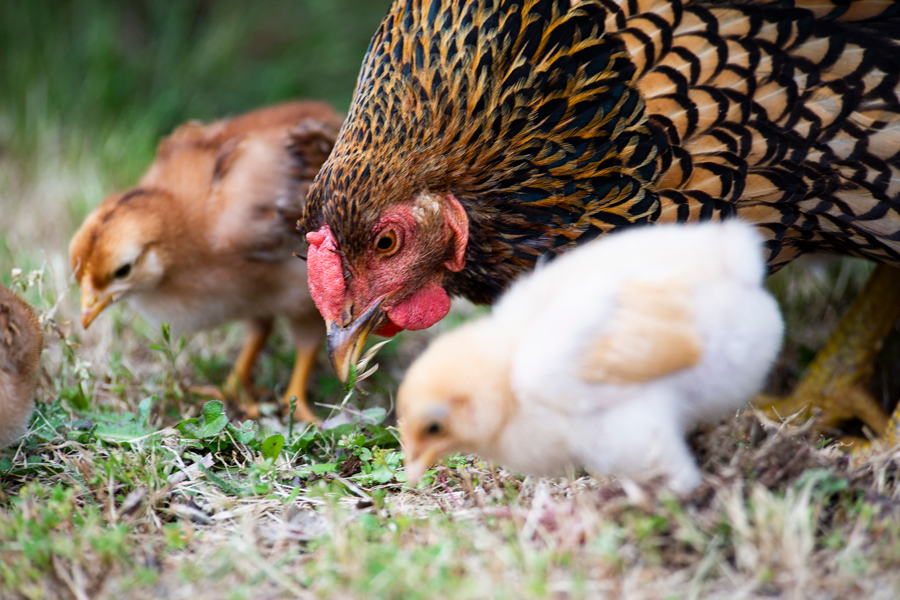-
This publication discusses the use of scrap wallboard at residential construction sites.
|
-
As tipping fees have risen, interest has increased in finding alternative uses for construction wastes. Many homebuyers are also looking for environmentally sensitive building practices. This includes the recycling and reuse of construction debris rather than disposal. One of the largest waste components in residential construction is gypsum wallboard. In many cases, scrap wallboard can be ground and beneficially applied on the construction site, rather than transported to the landfill.
|
-

Farmers have known for centuries that animal manures spread on pastures and cropland can improve soil fertility. In the 1920s, farmers began to use sludge from municipal wastewater treatment plants as a fertilizer. Through decades of research, the scientific and agricultural communities have come to understand that municipal sludge or “biosolids” contain valuable nutrients and organic matter that improve the soil in a way similar to animal manures. It is important to understand that biosolids are not raw sewage. Biosolids are organic solids that have been treated to stabilize organic matter and reduce disease-causing organisms or pathogens.
This publication was developed to help answer some common questions regarding the use of biosolids and to give farmers benchmarks for good practices.|
-
The majority of agricultural irrigation systems in Georgia fit into one of two broad categories: sprinkler irrigation and micro-irrigation. Sprinkler irrigation systems include center pivot, linear move, traveling gun, permanent set and solid set. Micro-irrigation systems include drip (or trickle) irrigation and micro-sprinklers.
No one system is best for every application. Once you decide to install an irrigation system, you must consider several important factors before deciding which system is best for your situation. This publication is intended primarily for the farmer who has made the decision to irrigate and is in the process of deciding what type system will best fit into his or her operation.
|
-
This publication gives gardeners tips to successfully produce garlic.
|
-
B 1290
Africanized Honey Bees
Honey bees are among the most well-known and economically important insects. They produce honey and beeswax, and pollinate many crops. In spite of the alarm surrounding Africanization, these bees have not caused widespread or permanent chaos. Dramatic stinging incidents do occur, but the quality of life for most people is unaffected. Typically, the commercial beekeeping industries of Africanized areas suffer temporary decline and then eventually recover.
|
-

This publication focuses on raising a small flock of chickens (50 or less) for meat and eggs (either for hatching or eating).
|
-

C 859
Selecting a Beef Breed
New cattle producers frequently ask, “Which breed should I choose?” This question brings cold chills to many knowledgeable cattle producers and excitement to just as many enthusiastic breeders. The diversity of resources and management capabilities of any operation makes this question difficult to answer.
|